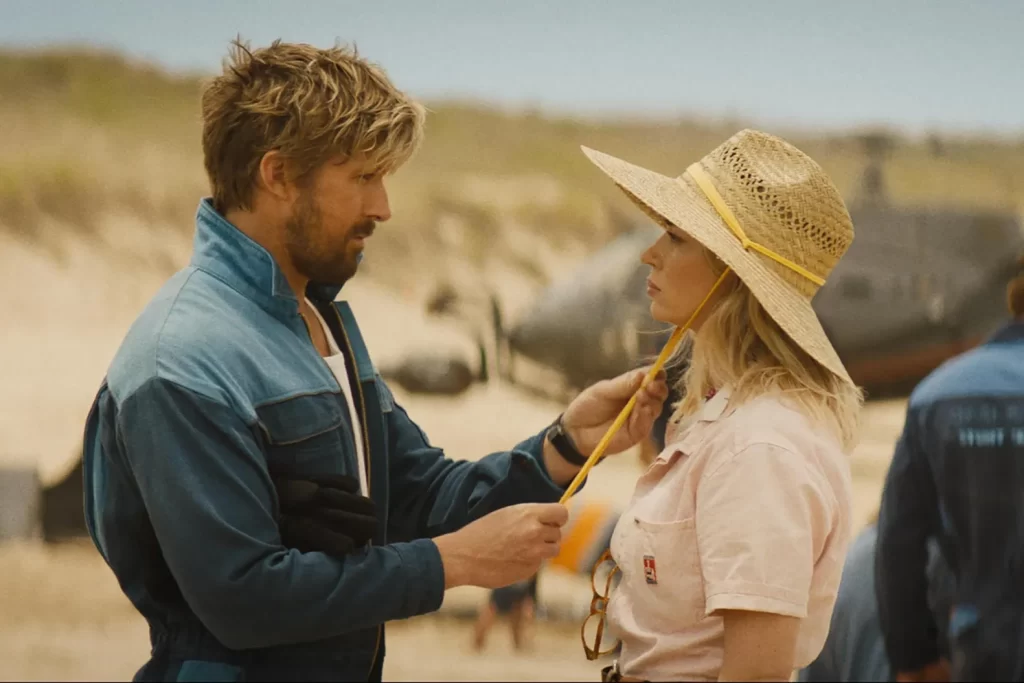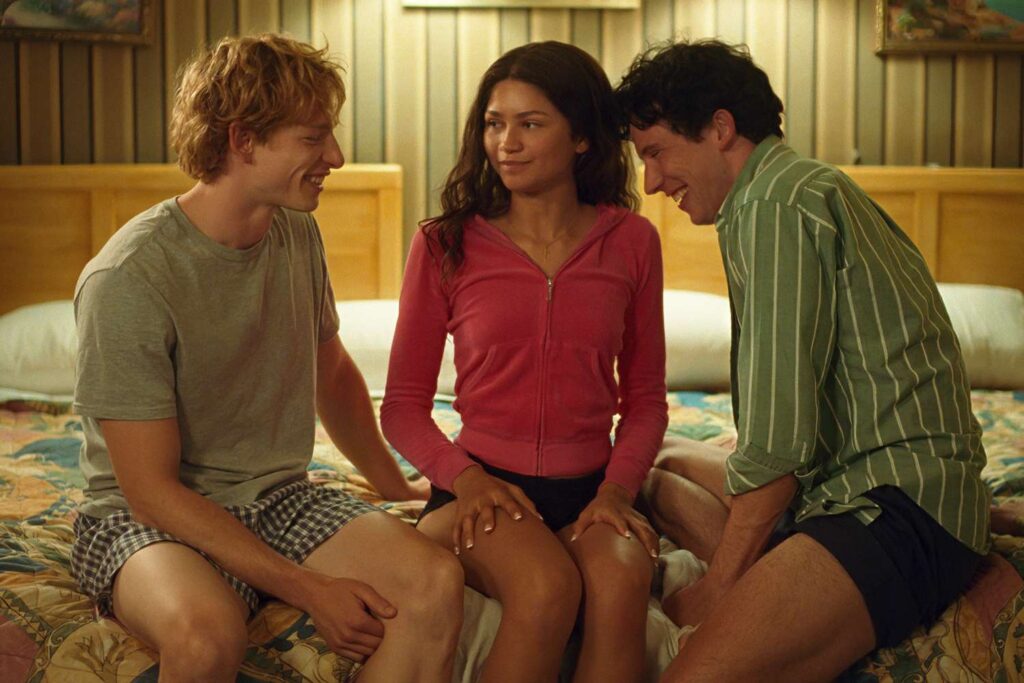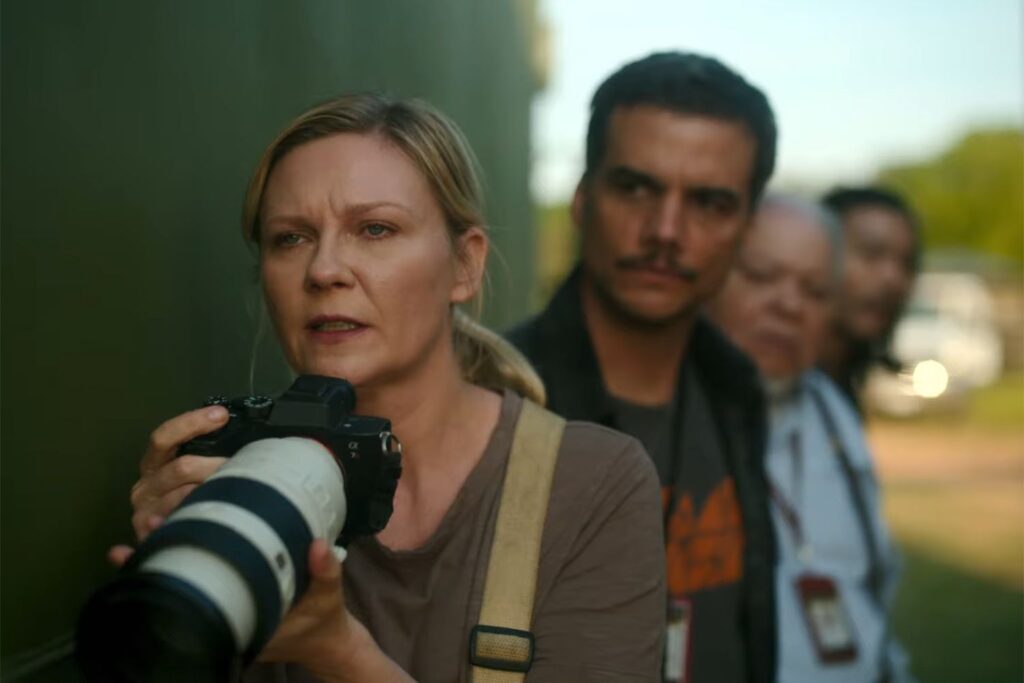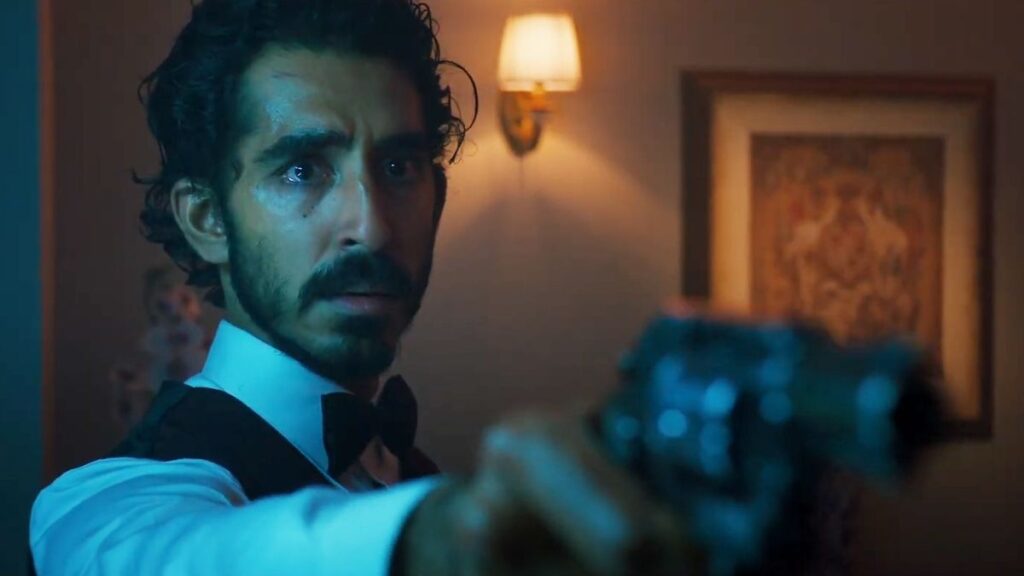The Fall Guy: Putting the Action Stunt and Center

My screening of The Fall Guy was preceded by one of those awkward “Thanks for coming to the theater!” inserts, in which its star (Ryan Gosling) and director (David Leitch) informed the audience that the picture we were about to watch was conceived as a valentine to the stunt community. This, like pretty much everything else in the movie, was an example of overkill, given that its opening scene is a quick-hitting montage of classic stunts (including, if my eyes can be trusted, a glimpse of Leitch’s own Atomic Blonde) while Colt Seavers (Gosling) narrates about stunt performers’ invisible, invaluable contributions to the motion-picture industry. You half-expect the film to pause after each elaborate action sequence so that the doubles can be identified by name and thanked for their service.
So, not subtle. But to a certain sect of nerdy cinephiles (who me?), the themes advanced by The Fall Guy are significant and noble. Much like the most recent Mission: Impossible entry, it mounts an impassioned and convincing argument in favor of tangible, handwoven artistry. The cockamamie plot may manufacture a number of human villains, but the most pernicious force on display here is the blue screen that looms in the background of the film-within-the-film climax. For all its winking modernism, this is essentially a classic movie about good and evil—one where the heroes insist on shooting everything with practical effects while the bad guys proclaim, “We can just fix it in post.” Read More




